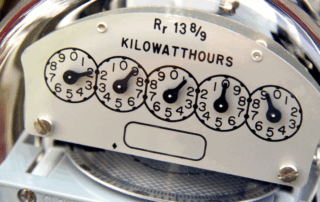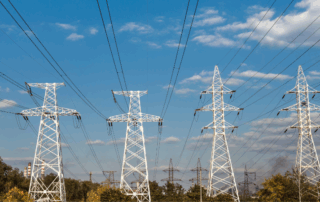How Weather Affects Energy Markets: Risks, Volatility, and Strategic Planning
In today’s interconnected energy markets, weather is often the main driver of short-term price swings and long-term infrastructure challenges. For commercial energy customers and brokers, understanding this connection is essential to navigating energy procurement and mitigating risk.
Global Energy Supply: Trends Shaping The Future Of Energy Markets
Global energy markets in 2025 are being reshaped by a powerful mix of geopolitical risks, surging demand from AI and electrification, and record renewable growth. For businesses and energy brokers, understanding these supply-side trends is essential to anticipate volatility, control costs, and align procurement strategies with a rapidly evolving market.
Price Elasticity Of Energy Demand
In deregulated energy markets, understanding how electricity usage changes in response to price shifts can give brokers and businesses a major advantage. By leveraging price elasticity insights, energy buyers can align procurement strategies, manage risk, and uncover new opportunities to reduce costs in volatile market conditions.
Is Demand Response the Answer To Rising PJM Capacity Costs? Here’s What You Need To Know
With PJM capacity prices spiking to record levels, many large energy users are searching for ways to reduce their exposure and protect their budgets. Demand response offers a unique opportunity to not only earn payments for curtailing load but also lower future capacity charges when paired with effective peak management strategies.
5 Ways to Reduce Capacity Tags and Combat PJM Rate Increases
With PJM’s 2025/2026 capacity rates surging to decade highs, reducing your facility’s capacity tags has never been more critical for controlling electricity costs. By understanding how tags are calculated and taking strategic action during peak summer hours, businesses can significantly lower future capacity charges and protect their bottom line.
What PJM’s Capacity Cap And Collar Means For 2026-2028
FERC’s approval of a capacity price cap and collar for PJM’s 2026/27 and 2027/28 delivery years sets new upper and lower bounds for auction clearing prices, aiming to curb volatility while preserving investment signals. For energy brokers, large consumers, and generation developers, this temporary measure reshapes procurement strategies and budget planning in one of the nation’s most critical power markets.





